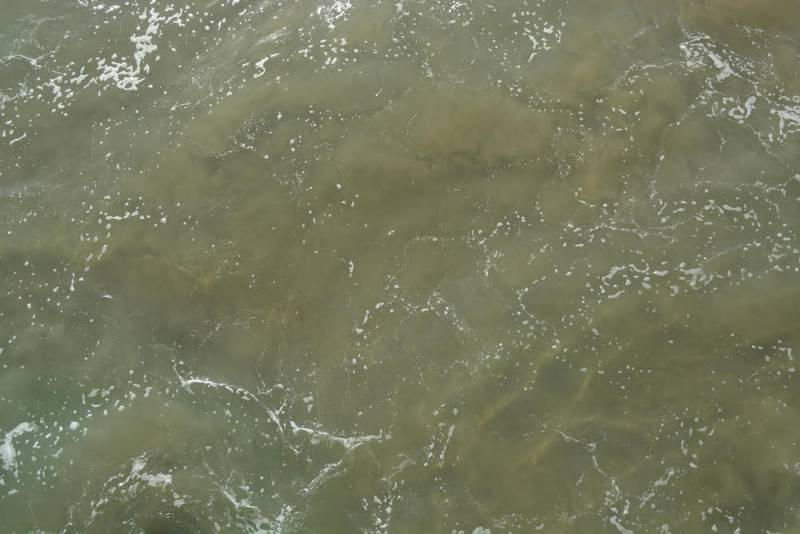The blooming of the Wiliwili tree holds great significance for the Hawaiians, serving as a reminder of the delicate balance between man and nature, particularly the ocean’s inhabitants, especially sharks. I recently learned about this during a third-grade Hawaiiana class at Pope Elementary in Waimanalo, Oahu.
Respecting the Ocean
As the Wiliwili tree blooms with flowers, Hawaiians recognize the arrival of a crucial period. Ancient wisdom passed down through generations dictates that during this time, the ocean is to be approached with respect and caution. The Hawaiians understood that the blooming of the Wiliwili tree coincides with nature’s rhythm, indicating a shift in the behavior of marine life, particularly sharks.
Sharktober

Tiger shark underwater
Sharktober, the period from October to November, marks the migration of pregnant female tiger sharks from the Northwestern Hawaiian Islands to the main Hawaiian Islands. This migration aligns with the blooming of the Wiliwili tree and has been consistently observed over the years. Scientifically, this phenomenon is linked to the sharks’ reproductive patterns and their need to find safer, warmer waters to give birth.
Understanding the Science Behind Shark Behavior
Research indicates that pregnant female tiger sharks migrate southwards during these months, seeking environments conducive to pupping. Hawaii serves as a vital hub for these creatures during Sharktober. The abundance of food and suitable conditions for giving birth draws these sharks closer to the shores. Consequently, the chances of shark encounters increase during this period.
Mary Kawena Pukui’s Wisdom
In Hawaiian culture, the wisdom of ancestors guides generations in their understanding of nature. One story I recently heard while working at Pope Elementary in Waimanalo during a Hawaiiana class was the saying, “Pua ka wiliwili, nanahu ka manō,” translating to “When the Wiliwili tree blooms, the shark bites,” encapsulating the essence of this period. The saying serves as a reminder of the intricate connection between natural events and the behavior of oceanic life, emphasizing the importance of vigilance and respect during Sharktober.
Staying Safe During Sharktober
Renowned marine biologist Ocean Ramsey, a respected voice in shark conservation, offers valuable insights into ensuring safety during Sharktober:
- Stay Informed: Regularly check updates from reliable sources like Hawaii News Now to stay aware of recent shark sightings and incidents.
- Group Activities: Engage in water activities like swimming and surfing within groups. The presence of a group enhances safety and increases the chances of a prompt rescue, should the need arise.
- Clear Waters: Avoid swimming in murky areas, especially near river mouths, where visibility is low. Sharks are more likely to mistake humans for prey in such conditions.
- Minimize Attraction: Refrain from wearing shiny accessories that might attract shark attention. Bright, reflective objects can resemble the sheen of fish scales, enticing sharks.
- Constant Movement: Keep moving in the water. Sharks are less likely to approach actively moving objects, as they resemble healthy, alert prey. Avoid floating idly, which might attract curious sharks.

Aerial view of murky greenish brown ocean water
By combining traditional wisdom, scientific understanding, and practical safety measures, we can all navigate Sharktober with respect, awareness, and a deep appreciation for nature. Embracing these insights, we can honor the ocean and its inhabitants while cherishing the valuable lessons they offer. Stay safe, stay informed, and let the spirit of Aloha guide us through this unique period.
Sources: Ocean Ramsey, Hawaii News Now, Mary Kawena Pukui – Hawaiian Proverbs




Sue
November 10, 2023
Great article, very informative. Thanks for the tips.